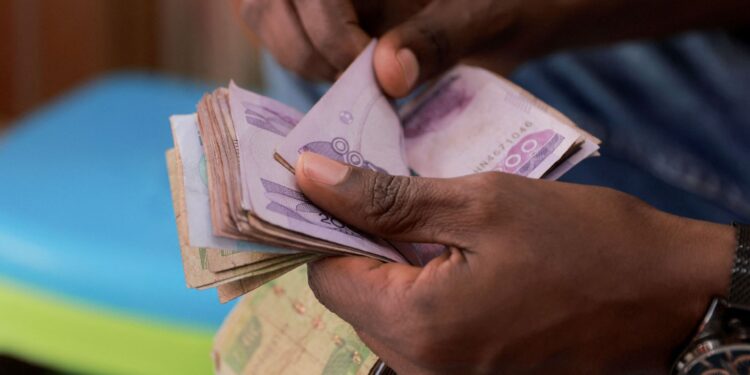21/8/2024–|Last update: 8/21/202406:50 PM (Makkah Time)
Ethiopia has taken the bold step of ending 50 years of strict control over the value of its currency, the birr, amid difficult economic conditions.
This decision was taken – according to Bloomberg – in July 2024 after external debts became unsustainable and foreign reserves began to decline sharply.
Bloomberg said the move was aimed at securing urgent financial support, which resulted in securing $3.4 billion from the International Monetary Fund and $16.6 billion from the World Bank.
economic necessity
For decades, Ethiopia maintained a strict exchange rate control regime, with the government controlling the birr’s trading rate and restricting access to foreign currency.
This situation led, according to the agency, to the emergence of a thriving parallel market, where about 80% of foreign currency transactions were conducted on the streets at prices far above the official rates. As the economic crisis worsened as a result of internal wars and drought, the flow of foreign currency declined sharply.
In December 2023, Ethiopia defaulted on its debt bonds, losing access to international capital markets. With foreign exchange reserves barely enough to cover two weeks of imports, the government was forced to take painful economic measures, including floating the birr exchange rate to try to close the gap between the official rate and the parallel market rate.
Growing challenges
According to Bloomberg, Ethiopia suffered from successive economic crises that eventually led to the liberalization of the currency. The government borrowed heavily to finance huge infrastructure projects, in addition to inefficient government spending, which exacerbated the financial crisis.
Economic crises have made the situation worse, especially after the civil war in the Tigray region, regional conflicts and recurring drought.
The currency liberalization has increased the cost of living for citizens, and although the government has provided subsidies to mitigate the impact, economic recovery remains uncertain. Meanwhile, conflicts continue in several parts of the country, complicating economic reform efforts.
Despite the major challenges, the depreciation of the birr and the influx of funds from the IMF and the World Bank are expected to normalize the foreign exchange market and open the doors to more external financing and foreign investment.
However, Bloomberg estimates that the road to recovery remains long, and Ethiopia’s success in overcoming economic difficulties will depend on its ability to maintain political and social stability.



